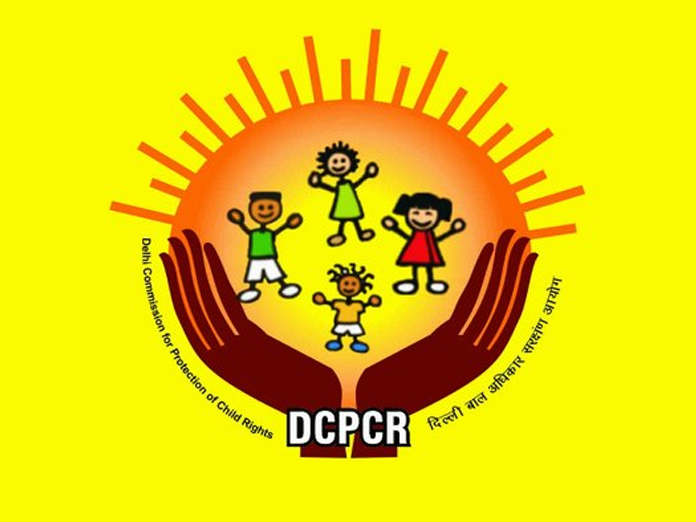Live
- Three persons admitted to hospital for diarrhea treatment
- First Star Outside Milky Way Captured: WOH G64 is 2,000 Times Larger Than the Sun
- Sikkim govt to constitute state Niti Ayog: CM Tamang
- CBI books Rajasthan narcotics inspector for Rs 3 lakh bribe
- Rajasthan bypolls: A tough contest between BJP and Congress
- Albania joins SEPA, paving way for EU integration
- Japanese government approves 250-billion USD economic package to ease price pain
- Six pharma companies to set up their units in Telangana
- The Unstable Events of a 17-Wicket Day in Perth: India vs Australia
- Dutch FM's Israel trip cancelled after Netanyahu's arrest warrant
Just In

The Delhi Commission for Protection of Child Rights DCPCR has completed evaluation of over 4,000 schools in the city which will improve transparency and accountability in the sector, Deputy Chief Minister Manish Sisodia said on Sunday
New Delhi: The Delhi Commission for Protection of Child Rights (DCPCR) has completed evaluation of over 4,000 schools in the city which will improve transparency and accountability in the sector, Deputy Chief Minister Manish Sisodia said on Sunday.
The DCPCR completed evaluation of the 4,041 schools of Delhi on February 18, under its initiative School Development Index (SDI), which include parameters of safety, learning and inclusion.
Addressing the gathering on the occasion to mark the end of the phase-II of the project, Sisodia said, "We are getting really positive feedback from govt schools as well as private schools about such assessment, in contrast to the initial fear about the same."
He said very few nations across the world have the courage to establish an assessment of its schools.
"It's a question of utmost importance to the nation as to how are the places where every citizen spends 6-8 hours of his/her childhood? Where does a school stand on relevant quality parameters? It's most important to understand this as a nation," he said.
The SDI evaluation exercise being carried out by the commission will result in comprehensive, credible and independent evaluation of the schools on the parameters of child safety, learning and social inclusion, the report said.
Under the parameter of child safety, several aspects, including physical, mental, sexual, hygiene are being evaluated, while under the learning criteria the aspects included availability, adequacy and accessibility of teaching resources.
Under the social inclusion criteria various aspects such as extent of inclusion of students admitted under the EWS/DG quota (private schools) and involvement of parents in decision-making in the school (government or government aided school) and mainstreaming/support for children with special needs are being evaluated.
The government claimed that all data collected, except private information of children, shall be placed in public domain through a bilingual (English and Hindi) interactive dashboards accessible to parents for learning about the performance of the schools they may consider for admissions of their children or track the performance of the schools their children are currently attending.
Sisodia termed the exercise of data collection and evaluation as a fresh wave of accountability in the field of school education.
"The interactive dashboards will allow the parents to look at schools' performance on the criteria of their choice as they will be able to organise schools based on distance from their locality, type of school, performance on one or more criteria, etc allowing them to take informed decisions.
This will be a substantial force for driving improvement and transparency in the education governance," the government said.

© 2024 Hyderabad Media House Limited/The Hans India. All rights reserved. Powered by hocalwire.com







